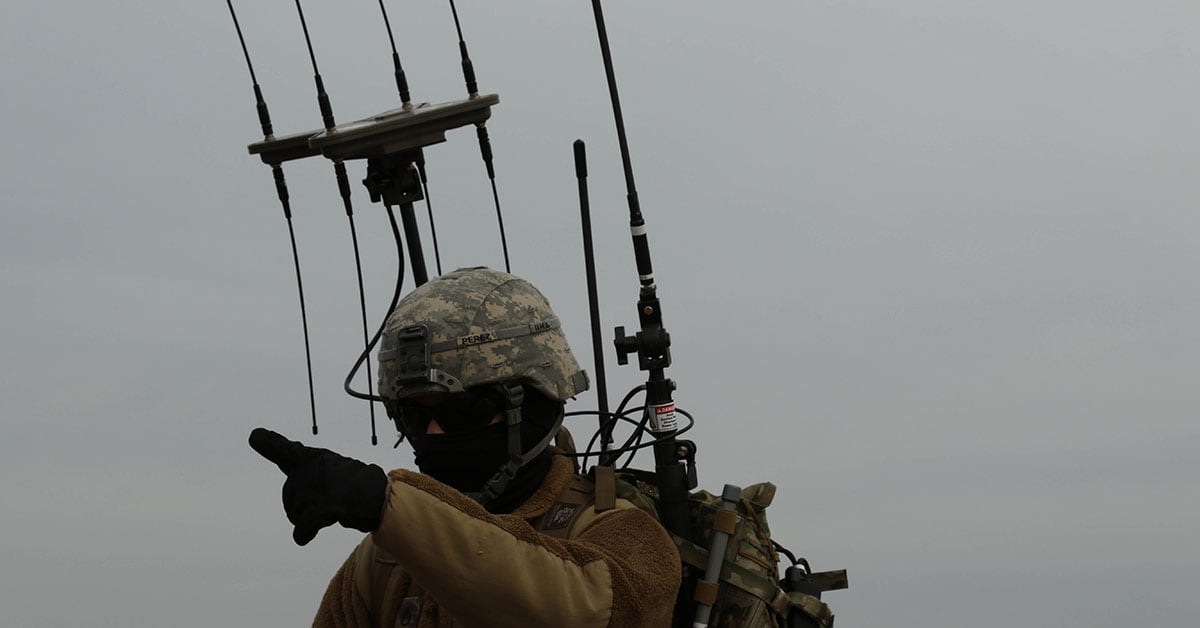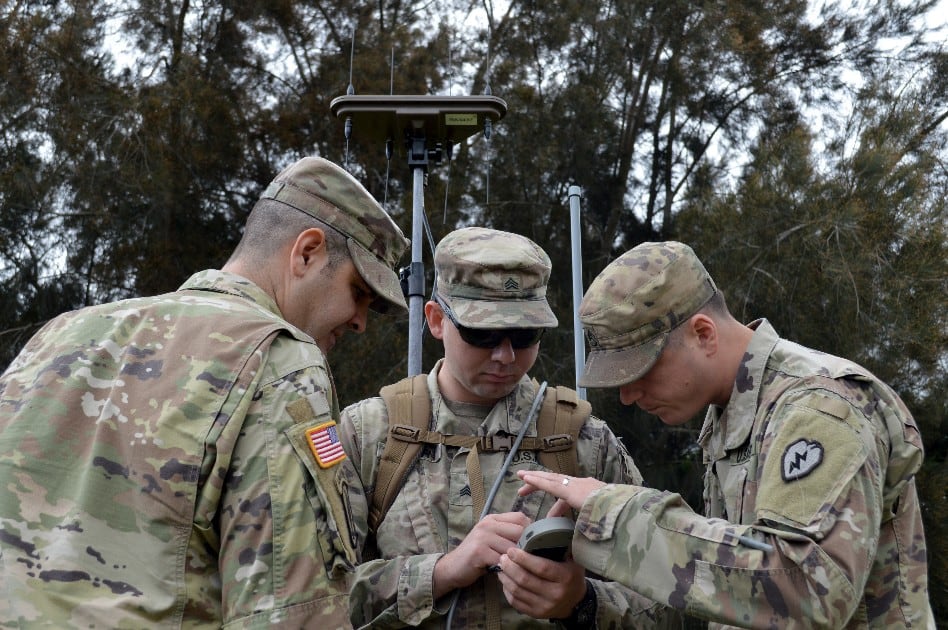A House defense panel is concerned about the Pentagon’s efforts to rebuild its electronic warfare capabilities.
In a draft version of the annual defense policy bill released June 3, the House Armed Services Committee directs the comptroller general to assess the department’s electronic warfare and electromagnetic spectrum operations strategy and implementation efforts. The comptroller general must brief the committee by March 1, 2020.
The provision is located in the first draft of the annual defense policy bill from HASC’s subcommittee on intelligence and emerging threats and capabilities. While this is only the first draft and changes are expected during committee markup and a conference with the Senate’s version of the bill, this provision is included as an “item of special interest,” meaning the House committee is directing it separate from final conference language between both houses of Congress.
The draft language is skeptical of the Pentagon’s efforts to regain an edge against near-peer adversaries in electronic warfare.
“The committee is concerned about the extent to which the Department is planning and preparing to defend itself and operate in an environment where peer and near-peer adversaries could use existing and emerging capabilities that degrade use of the electromagnetic spectrum,” the draft bill states.
This follows language in the final defense authorization act for fiscal 2019 that directed a series of electronic warfare tasks for the Pentagon. Among them, the Secretary of Defense must establish processes and procedures to develop, integrate and enhance electronic warfare mission area and the conduct of joint electromagnetic spectrum operations. Additionally, the Secretary must establish a cross-functional team for electronic warfare that will identify gaps in electronic warfare and joint electromagnetic spectrum operations within DoD.
RELATED

For this year’s bill, the House committee wants a report that includes:
- a description of the current electronic warfare threat from peer or near-peer adversaries and the actions the Pentagon has taken in response;
- the extent to which the Pentagon has incorporated emerging electromagnetic spectrum risks into service and combatant command plans and and exercises;
- the status and effectiveness of the electronic warfare executive committee established by the Secretary of Defense in 2015;
- an update on the Department’s implementation of the 2013 Electromagnetic Spectrum Strategy; and
- any other matters the comptroller general determines to be relevant.
Mark Pomerleau is a reporter for C4ISRNET, covering information warfare and cyberspace.







